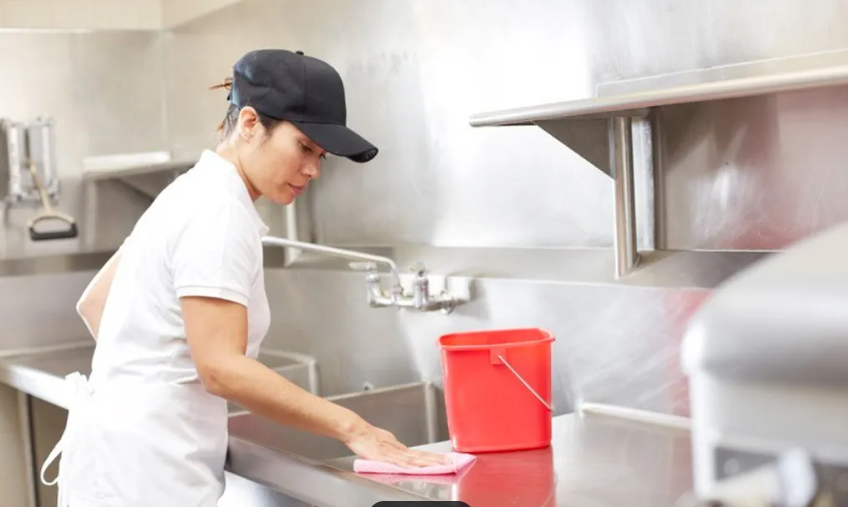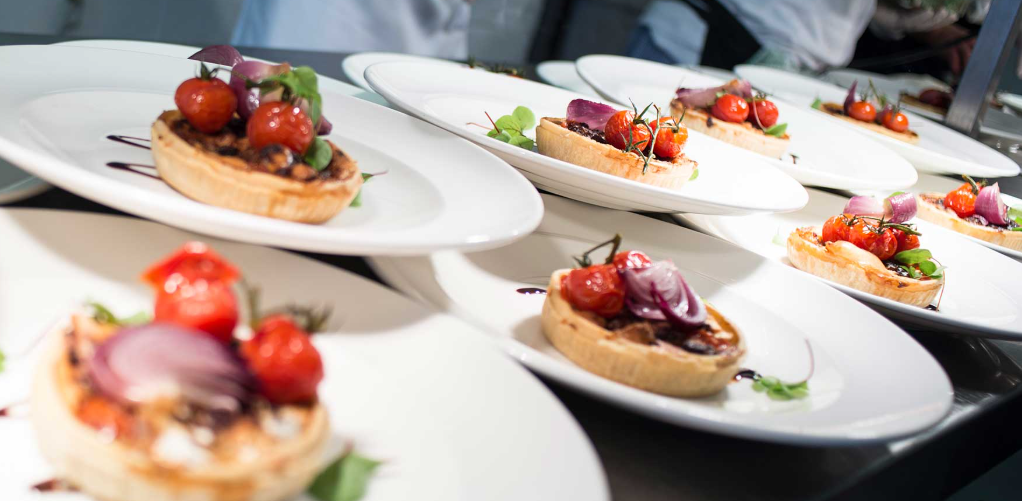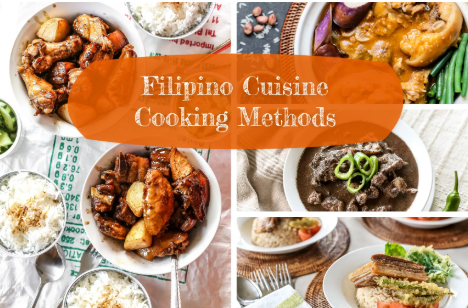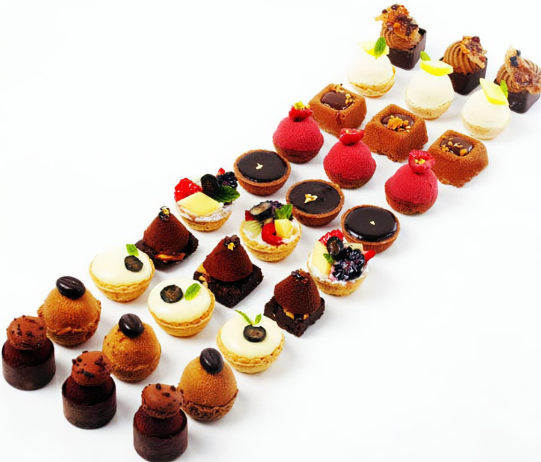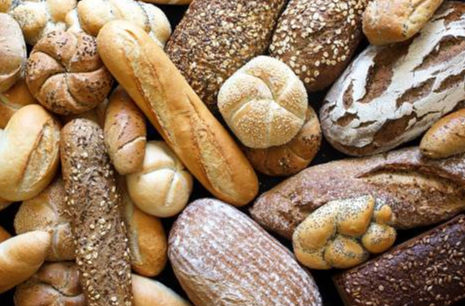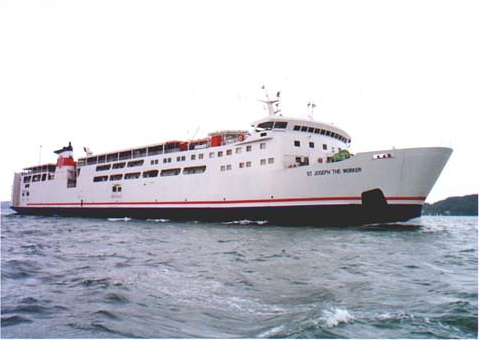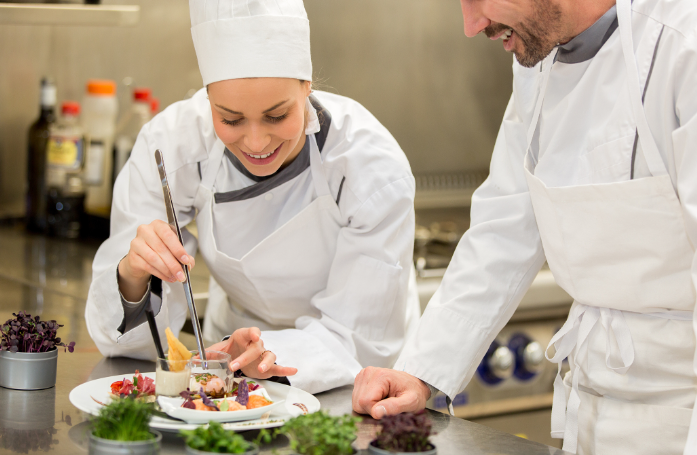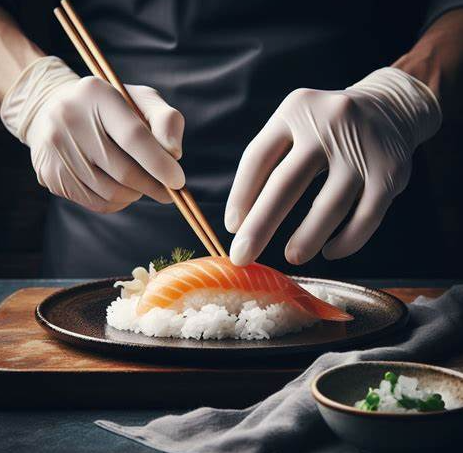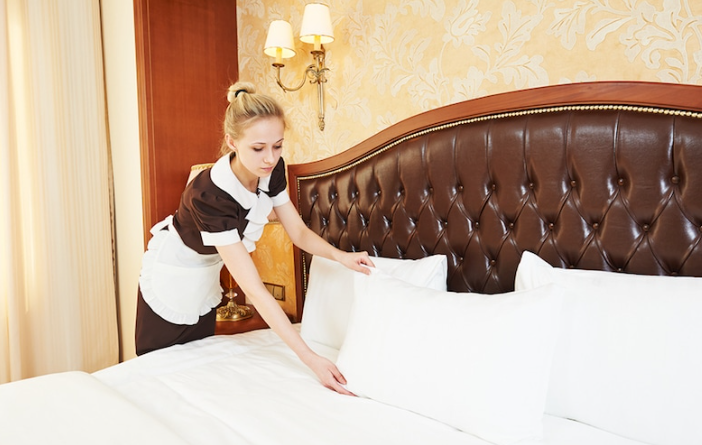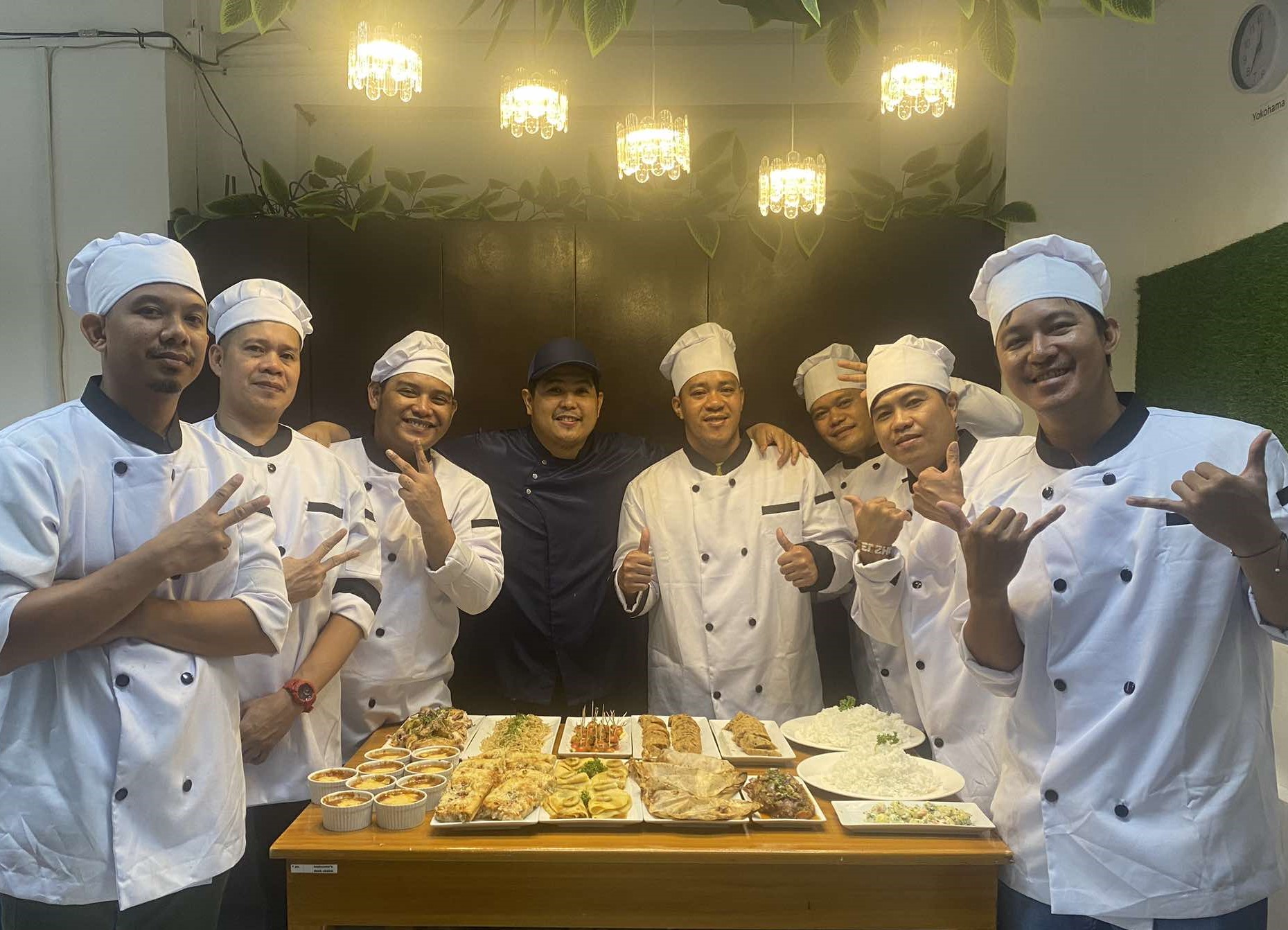
Indian cuisine replicates a 5000-year history of the melding of various cultures, leading to diverse flavors and regional cuisines. The arrival of the Mughals, the British, and the Portuguese further added fusion and variety. Yet, while delicacies vary by region and state, most are built from the same taste foundations and there are many similarities in terms of spices and flavors, regardless of the geographical region.
The main differences are largely divided into South Indian and North Indian cuisine. A lot of the northern regions of India are vegetarian, and therefore many of the most inspiring vegetable dishes originate from the northern states. Staple ingredients in Indian cooking include rice, tomatoes, potatoes, lentils, chickpeas, onions and yoghurt, and the most common spices used to flavor authentic Indian food include turmeric, cumin, coriander, mustard seeds, cardamom, chili, garlic, cloves, saffron, fennel, nutmeg, star anise, and fenugreek.
In the same way that food influences traveled to India, Indian cuisine has also traveled overseas. Particular dishes have gained esteem and have trickled into cuisines all over the world, however for the most authentic of flavors and dining experiences, these dishes should really be tried in situ in their destination of origin.

